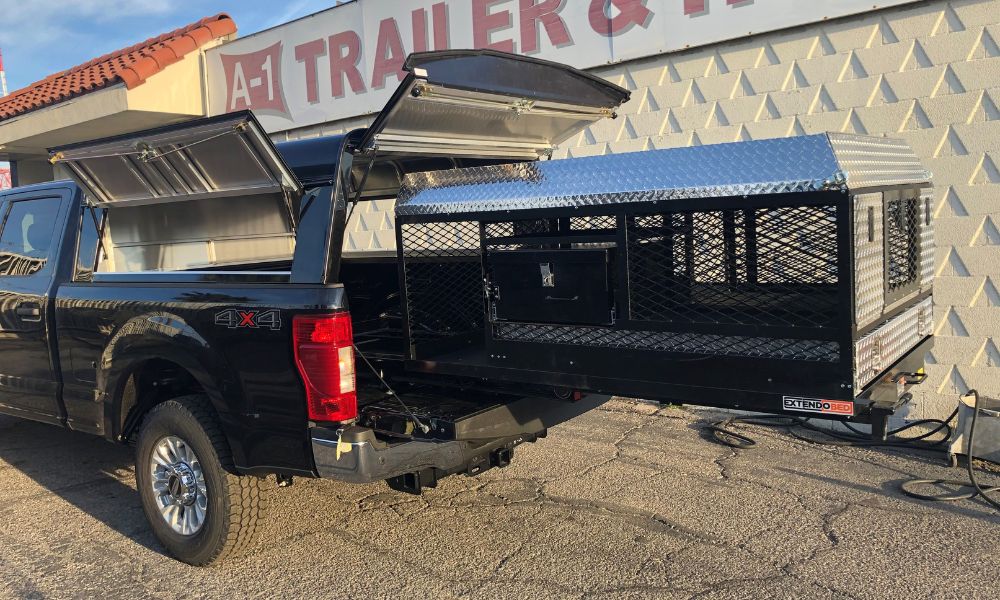
If you want a reliable vehicle you can count on in various workplace scenarios, you’ll need a truck to help you get the job done. You might wonder, though, whether a gas or diesel is a better work truck. Let’s look at the pros and cons of each to help you decide.
Gas Truck: Pros and Cons
In terms of acceleration, gas trucks work better than diesel ones. Their parts make them light and easy to maneuver. They also have the propensity to cost less by comparison. Fuel doesn’t cost as much upfront, too, and gas stations are virtually everywhere, so you won’t have to worry about accessibility.
Despite having a respectable carrying capacity in the cargo bed, gas trucks can’t tow as hefty a load as diesel trucks. Also, gas engines don’t typically last as long as diesel ones, though they’re generally easier to repair. Consider the importance of longevity and how often you’ll drive your vehicle before purchasing.
Diesel Truck: Pros and Cons
Diesel trucks come packed with power. Many people who love diesel trucks praise their ability to tow heavy loads. While the fuel cost seems higher, initially, diesel trucks get more miles to the gallon, which can come in handy if your work requires regular long-distance driving.
Conversely, diesel trucks can’t accelerate as quickly as their gas-powered counterparts. If you tend to drive down busy highways, you may find a diesel truck somewhat inconvenient when trying to merge or change lanes. However, this won’t interfere with your work if you frequent country roads.
Conclusion
So, which is better for a work truck: gas or diesel? We assert that the type you pick largely depends on your needs. If you have long commutes and need to haul heavy loads, a diesel truck is best for you. Alternatively, you should pick gas for your work truck if you’re doing local jobs and largely concern yourself with what’s in your cargo bed.
Extendobed wants to equip your work truck with everything you need. We offer a large selection of aluminum storage trunks to help your vehicle stay organized. This helpful piece of equipment extends past your vehicle’s taillights and can support up to 3,000 pounds, so you don’t have to worry about running out of storage. Get a quote from our team today.
